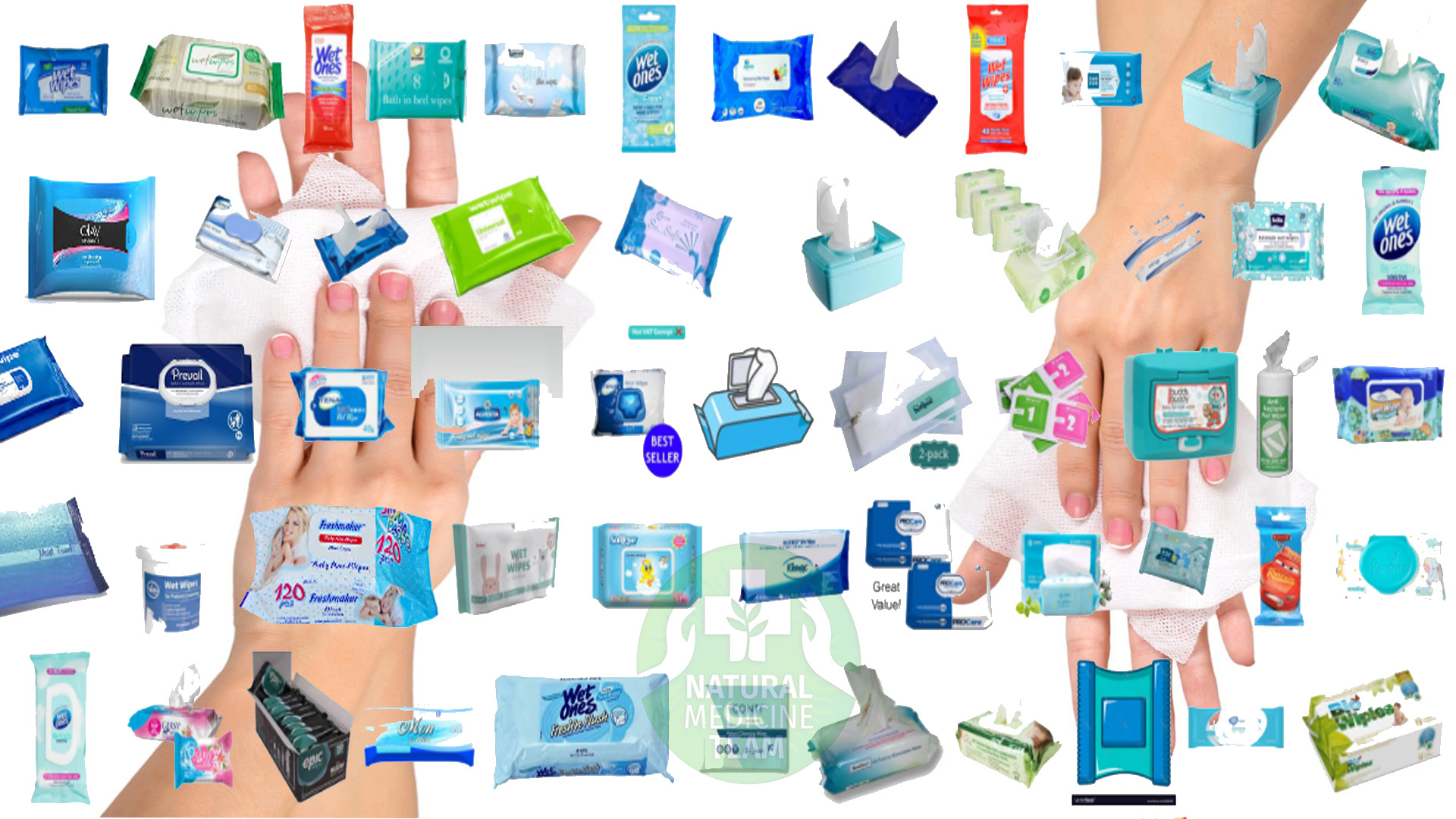The move toward using wet wipes has created sewer monsters and many cities had to pay millions of dollars to repair the damage.
Clearly, in the past few years, this major problem has become a matter of media attention and now we all know the cost of flushing wet wipes. The issue is even more dramatic when you add up the costs for every country across the U.S.!

In general wet wipes are made from a combination of polyester, wood pulp, viscose, and cotton, and are classified as nonwoven material. The raw materials are tangled under high-pressure water and heat.
Then they are saturated with a combination of chemicals in order to clean, moisturize, scent and seal the product. The tangling process is what makes the product more difficult to degrade inside the sewer system. Moreover, the flexible plastics which most of the wet wipes contain are not biodegradable.
Homes Flooding and Sewers Backing Up
In the past decade, wet wipe sales are not slowing down. They have tripled and that increases the potential risk to city sewer systems and homeowners for flooding and damage.
Gordon Hailwood, the team leader of the sewer crew who cleared the fatberg in London in 2013, shared that it took them three weeks to clear the area and prevent massive flooding.
If they didn’t discover the problem in time, raw sewage would probably start spurting out of manholes across Kingston. The U.S. has the same problem and cities are desperate for help.
Damage to the Ecosystem
The material of the wipes also has a negative influence on the environment. Wipes don’t appear to be degraded from sewage before they might make their way onto the beaches of the U.K. and the number of wipes found on the beaches doubled between 2013 and 2014. The damage wet wipes are causing to the environment is also a concern.
Wipes Filled With Chemicals and Fragrances
The fragrance and feel of wet wipes are attractive, but you must have in mind that they are infused with chemicals and substances which may negatively impact your health. The chemicals employed by the manufacturer may provoke skin irritation and damage.
People are not aware that wet wipes won’t help them remove the irritation around their anus and they continue to use them. According to Dr. Erin Warshaw, an allergy expert at the University of Minnesota, wet wipes are a common cause of allergy.
Your Ideal Replacement Is Affordable, Environmentally Friendly and Easy to Install
If you don’t like the idea of causing environmental problems, but you still like the idea of wet wipes, the bidet is the perfect alternative.
It looks similar to a toilet and it is designed to help you freshen up after toilet use. It is gentler than paper, refreshing as a wet wipe, it reduces pollution and it is more effective than toilet paper.
